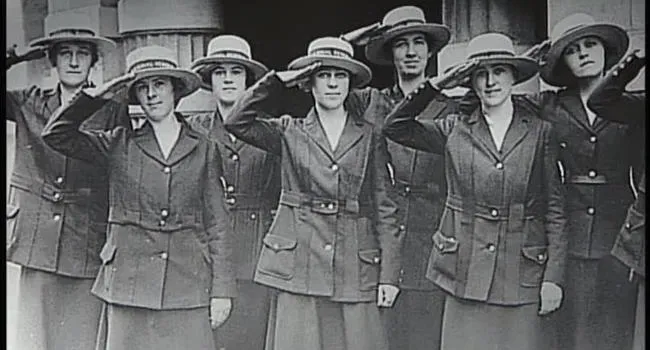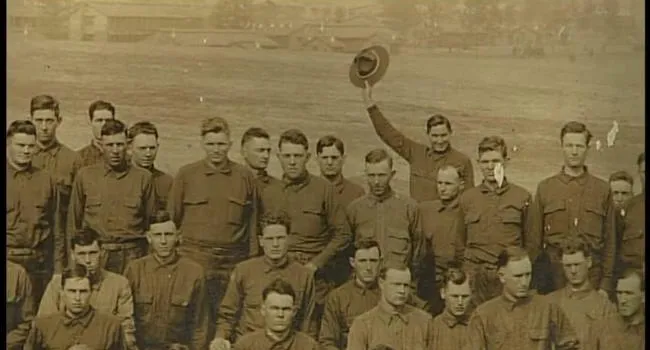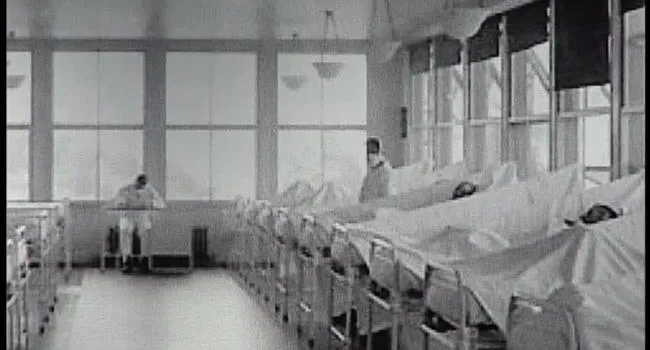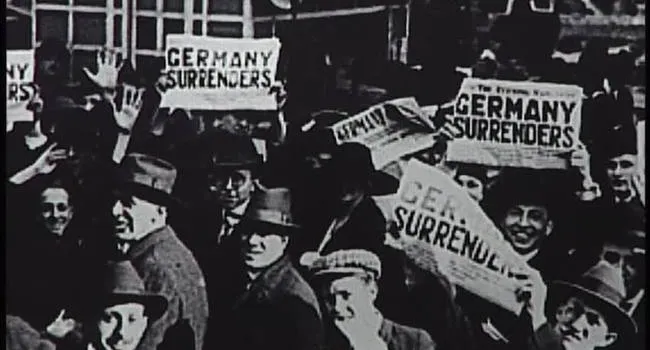South Carolina's affection for President Wilson seemed to fuel Coleman Blease's outspoken opposition. Supported by newspapers in Aiken and Charleston, Blease tried to use race to stir opposition. He was elected by people who did not want government regulating their lives. Blease felt very strongly about this "rich man's war, poor man's fight." It was a political miscalculation because South Carolinians did rally to the war, even German-American and Irish-American communities.
Along with loyalty to Wilson, South Carolinians were swept forward by a nationwide propaganda campaign to rally support for the war. Originally, South Carolinians, like the rest of the country, wanted to stay out of the war. But once it was apparent that we were going to engage in the war, the propaganda was absolutely necessary to really get the message out, to show South Carolinians what they could really do to support America, to support the war.
In World War I there was this "100% Americanism" campaign. For example, to show you how touchy the issue was, Columbia College gave up the teaching of German during World War I because that would be seen as supporting the Kaiser. United in opposition to the Kaiser, South Carolinians finally rejoined the Union, thus closing the rift created by the Civil War.
One thing that World War I did-- for white South Carolinians, they began to take another look at the 4th of July. From the Civil War until World War I, the 4th of July was celebrated primarily by the African-American population in recognition of the Union victory and emancipation. Most white South Carolinians did not celebrate the 4th of July.





